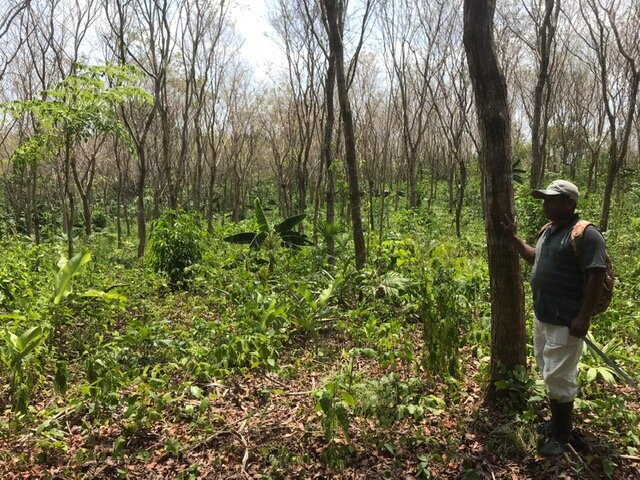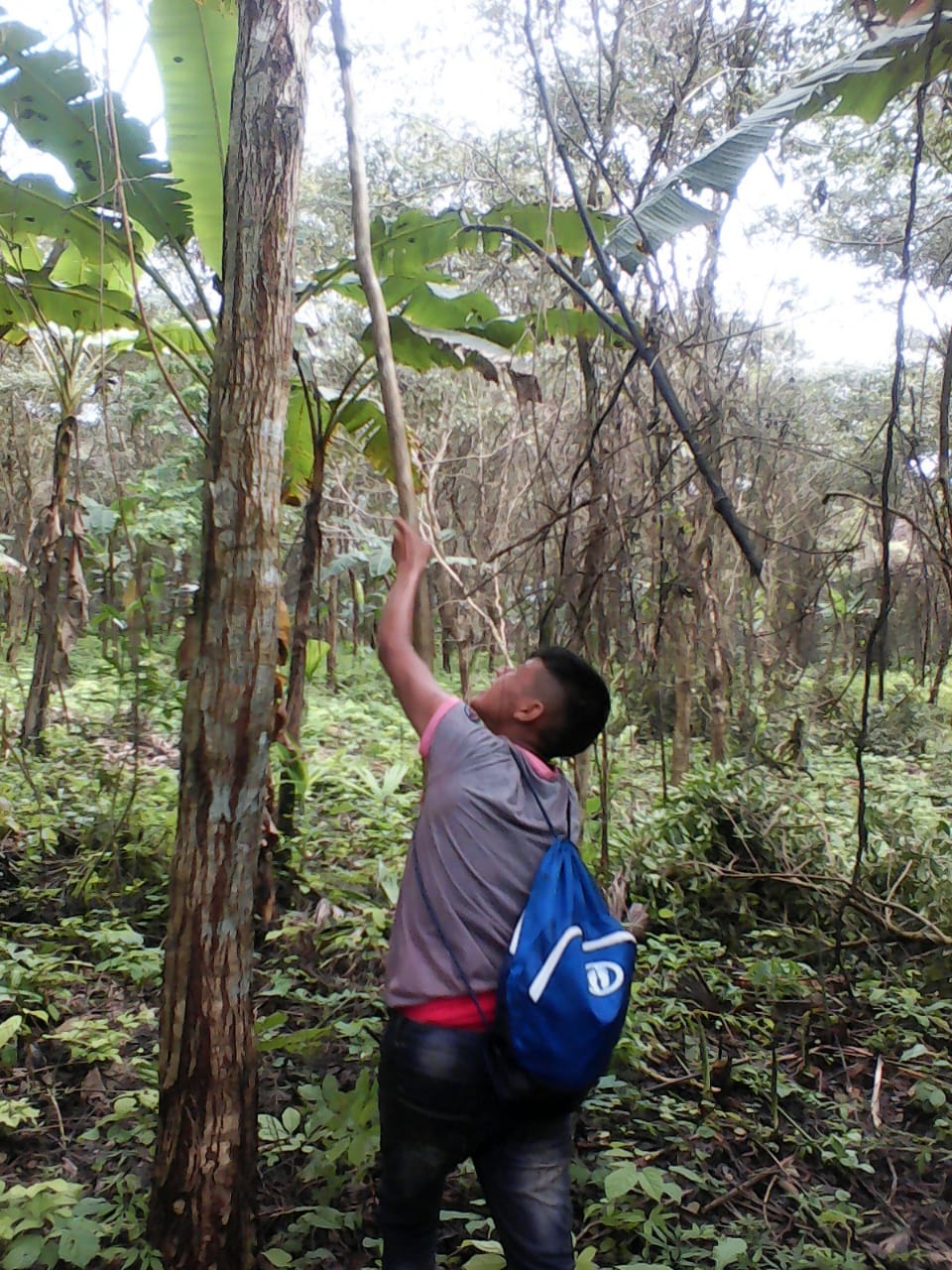UNDP Publishes Arimae Case Study
/ Arimae's native tree species nursery The UNDP-GEF’s Small Grants Programme recently published a case study on Arimae’s sustainable agroforestry project.
Arimae's native tree species nursery The UNDP-GEF’s Small Grants Programme recently published a case study on Arimae’s sustainable agroforestry project.
The piece highlights the three main components of the project, which Arimae conceived as a way to explore sustainable economic alternatives:
- Seed collection from native trees and nursery planting
- A carbon analysis of 500 hectares Arimae’s reserve
- Reforestation with a mix of native timber and fruit species
Planting Empowerment played a role by helping to manage the project and providing technical support. The project is generating social and environmental impacts by offsetting carbon and providing jobs and training to Arimae community members.
We expect to build on this success by facilitating agroforestry projects with other communities and incorporating that experience into our own operations.




